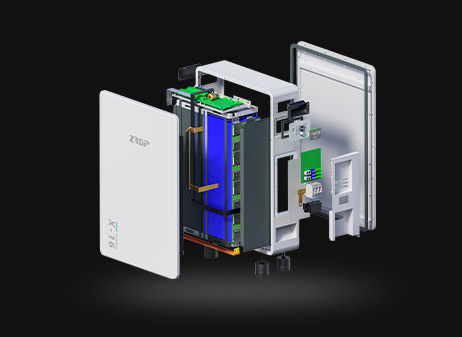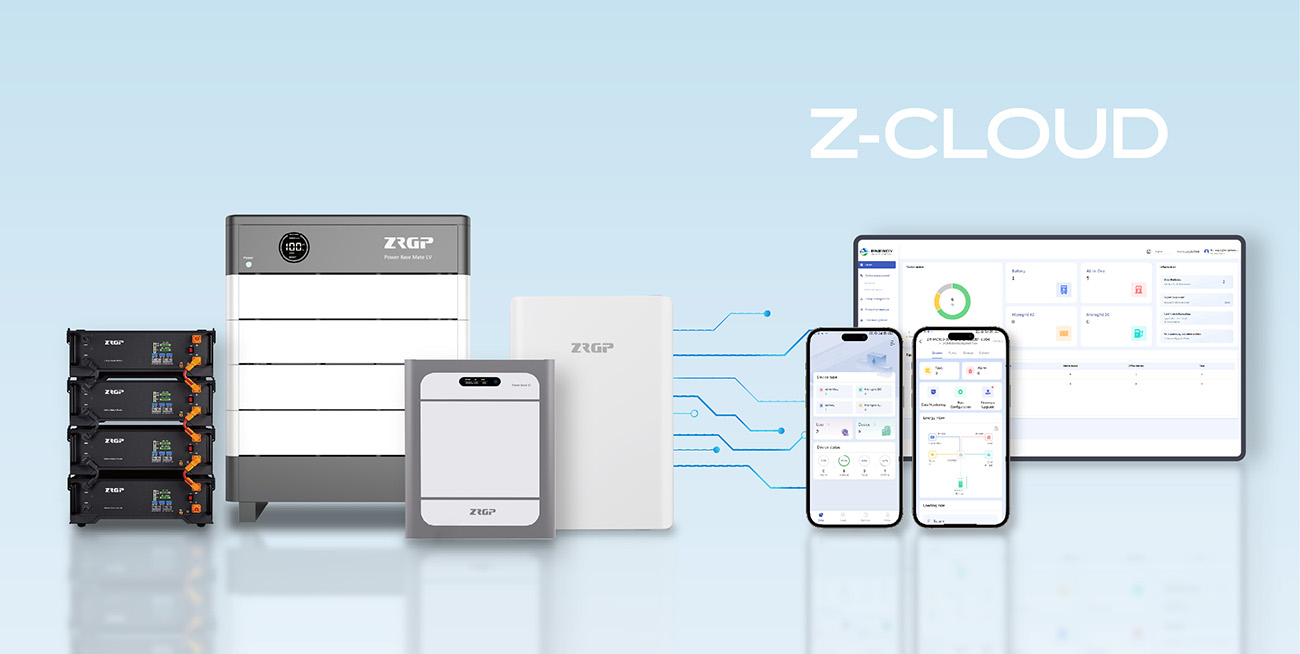-
21,000+
Factory Area
-
3GWh
Production Capacity
-
3000+
Solutions
-
90+
Best-Selling Regions
OUR ENERGY WORKS FOR YOU
-

Core Technology
Six core technologies, your most trusted energy manufacturer
Get to know more. > -

PowerBase MATE LV, Stacked battery.
Safe and reliable, flexible expansion, with intelligent cloud platform monitoring
Let's take a look now! > -

Monitoring System, Z-CLOUD
Real-time battery monitoring ensures safety and flexible management Data analysis optimizes energy use and enhances efficiency
Explore Z-Cloud. >
-

Efficient, Sustainable Home Energy Solutions For Modern Living
Providing efficient and safe energy solutions for your home
Get to know more. -

Industrial and Commercial Energy Solutions.
Our industrial and commercial energy solutions provide efficient, safe power management, helping businesses reduce costs, enhance productivity, and achieve sustainable growth
Get to know more. -

LiFePO4 Batteries for Modern Applications
The LiFePO4 battery matches lead-acid specs but offers better safety, reliability, and longevity It’s perfect for RVs and emergency lighting, serving as an ideal replacement
Get to know more.
News Center
-

How Do Energy Storage Systems Respond to Fire Risks?
Learn how modern energy storage systems mitigate fire risks through passive fire protection, active detection and suppression, advanced BMS control, fireproof enclosures, and real-time monitoring. Explore how multi-layer ESS fire protection enhances safety and reliability for renewable energy applications.
-

The Synergistic Effect of Smart Microgrids and Virtual Power Plants (VPP) in Commercial Energy Storage
Discover how the integration of Smart Microgrids and Virtual Power Plants (VPP) enhances commercial energy storage systems. Learn how these technologies work together to optimize energy usage, reduce costs, and improve system reliability for businesses. Explore the benefits of energy management systems (EMS), demand response, and renewable energy integration in modern energy solutions.
-

ZRGP Concludes a Successful Showcase at All Energy Australia 2025
ZRGP successfully showcased its latest energy storage solutions at All Energy Australia 2025 in Melbourne. From modular residential systems to industrial PowerGen products, ZRGP demonstrated innovation, reliability, and sustainability in clean energy. As a global energy storage provider, ZRGP also offers OEM and ODM services to support partners worldwide with customized, intelligent solutions.
-

ZRGP Leads the Charge in Virtual Power Plant (VPP) Solutions for a Sustainable Future
Explore how ZRGP’s Virtual Power Plant (VPP) solutions enable businesses and communities to optimize energy usage, reduce costs, and generate revenue with scalable energy storage systems and smart grid integration.




